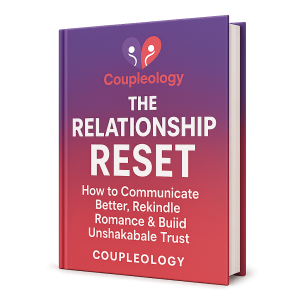You’ll learn practical, science backed strategies that couples use to grow closer every day.
|
 |
Simple communication shifts that stop arguments before they start |
 |
How to rekindle romance and intimacy—even if life feels “too busy” |
 |
Proven ways to rebuild trust and strengthen emotional security |
| Enter your Name and Email Below For Instant Access |
|
|
|



